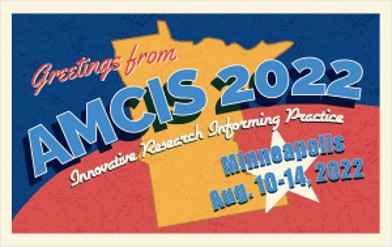SIG EGOV - Digital Government
Loading...
Paper Type
ERF
Paper Number
1701
Description
ICT-supported governmental elderly care services are often introduced in an ad-hoc, technology-driven manner, which results in a low level of acceptance by seniors. The current paper aims to address this shortcoming by applying a Value-focused thinking (VFT) approach to investigate value-based objectives of older adults. The presented solution is based on the interviews with seniors (65-85) in Poland and Sweden, two countries with very diverse approaches to governmental elderly care services. The designed research approach includes the analysis of the data gathered following the VFT approach, comparison of findings across the two countries, definition of fundamental and means objectives of seniors, and formulation of recommendations regarding strategies for the implementation of governmental elderly care services. The preliminary findings suggest that using VFT is promising in the identification of value-based objectives that can be included in policies guiding ICT-supported elderly care services.
Recommended Citation
Kolkowska, Ella; Soja, Ewa; and Soja, Piotr, "Defining Seniors’ Value-based Objectives for ICT-supported Governmental Elderly Care Services: Preliminary Lessons from Poland and Sweden" (2022). AMCIS 2022 Proceedings. 3.
https://aisel.aisnet.org/amcis2022/sig_egov/sig_egov/3
Defining Seniors’ Value-based Objectives for ICT-supported Governmental Elderly Care Services: Preliminary Lessons from Poland and Sweden
ICT-supported governmental elderly care services are often introduced in an ad-hoc, technology-driven manner, which results in a low level of acceptance by seniors. The current paper aims to address this shortcoming by applying a Value-focused thinking (VFT) approach to investigate value-based objectives of older adults. The presented solution is based on the interviews with seniors (65-85) in Poland and Sweden, two countries with very diverse approaches to governmental elderly care services. The designed research approach includes the analysis of the data gathered following the VFT approach, comparison of findings across the two countries, definition of fundamental and means objectives of seniors, and formulation of recommendations regarding strategies for the implementation of governmental elderly care services. The preliminary findings suggest that using VFT is promising in the identification of value-based objectives that can be included in policies guiding ICT-supported elderly care services.
When commenting on articles, please be friendly, welcoming, respectful and abide by the AIS eLibrary Discussion Thread Code of Conduct posted here.



Comments
SIG EGOV